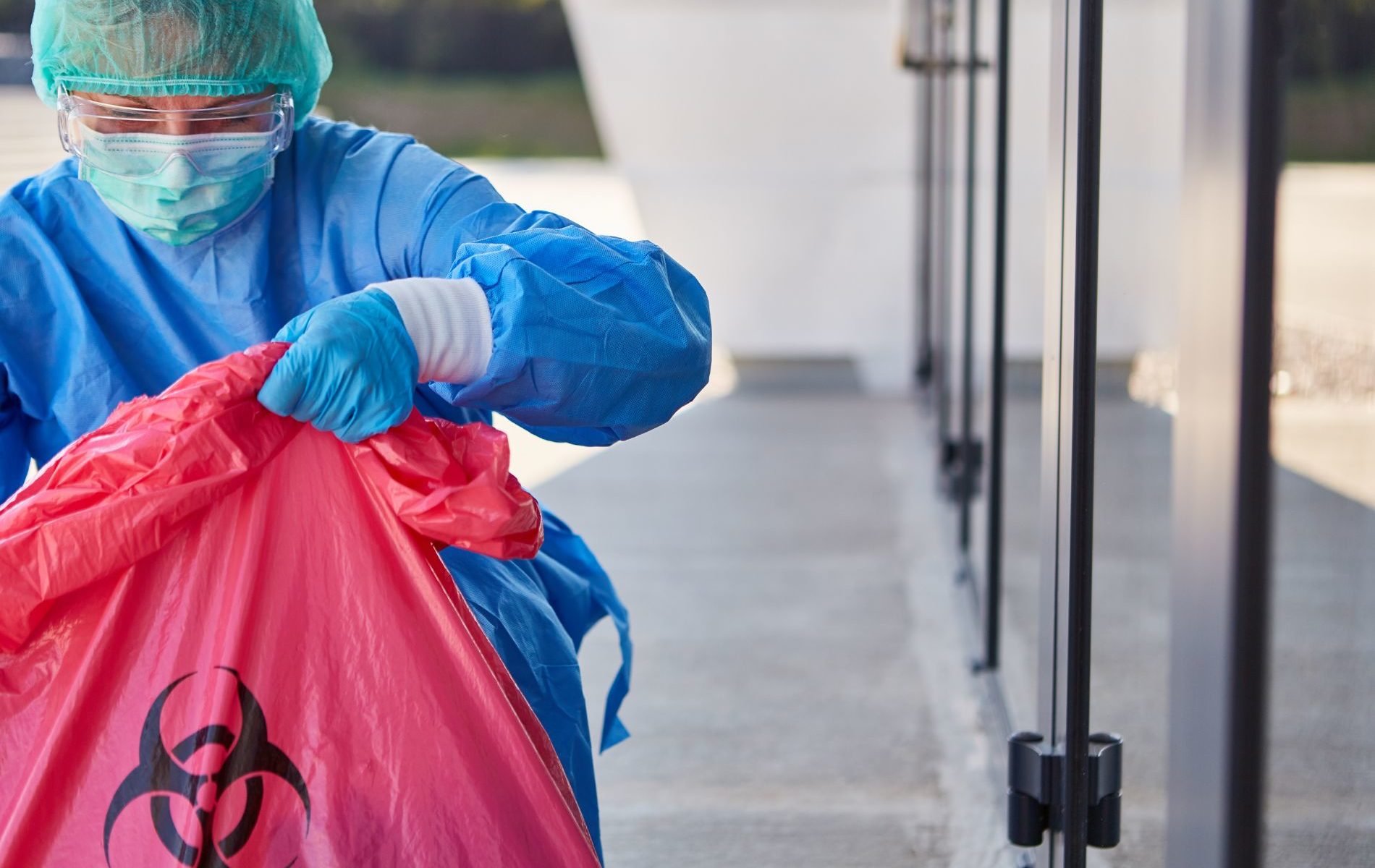The Reclaim Waste Diaries
The Reclaim Waste Diaries
Blog Article
3 Simple Techniques For Reclaim Waste
Table of ContentsReclaim Waste Things To Know Before You BuyOur Reclaim Waste PDFsThe Reclaim Waste PDFsSome Known Questions About Reclaim Waste.The Definitive Guide for Reclaim Waste
Discover the kinds, occurrences, and kinds of liquid waste. Residential sewer waste describes the waste and products from a household septic container. This kind of waste is created by humans in residences, institutions, and other structures. This only includes septic tanks that have a drainpipe area. The appropriate management and disposal of residential sewage waste need fluid waste to be moved to a sewer therapy plant where the proper techniques and tools are put on cleanse and take care of waste.
Industrial waste frequently includes possible threats, such as combustible products or a mix of fluid and solid waste items, and requires an advanced and thorough disposal process. The disposal of commercial waste normally involves the purification of waste prior to transport to guarantee risk-free and appropriate disposal. Hazardous waste is developed from by-products and runoff of industrial procedures and production.
This sort of waste can not use the exact same sewer monitoring transportation or processes as septic or business liquids. The commercial waste administration procedure requires the assessment and testing of liquid waste before it goes through the disposal procedure (liquid waste removal). Overflow waste is the liquid waste that originates from overflow and excess stormwater in highly populated locations or cities
Drainage waste can create contamination and flooding otherwise taken care of correctly. Find out a lot more about sewer cleaning and waste management. Guaranteeing appropriate waste monitoring can protect against calamities and lower ecological damage. Both individuals in residential setups and specialists in industrial or manufacturing sectors can gain from recognizing the procedures and guidelines of fluid waste administration.
Reclaim Waste - The Facts
Get in touch with PROS Solutions today to find out about our waste management and disposal solutions and the proper means to look after the liquid waste you produce.
(https://reclaim-waste-f27e88.webflow.io/)Do you understand what happens to your water when you pull the plug, flush the toilet or drain the washing equipment? No? Well, it's worth recognizing. This supposed 'wastewater' is not only a vital resource however, after treatment, will certainly be released to our land, rivers or the sea. Utilized water from toilets, showers, baths, kitchen sinks, laundries and industrial processes is referred to as wastewater.

water made use of to cool down machinery or clean plant and devices). Stormwater, a form of wastewater, is overflow that streams from farming and urban locations such as roofs, parks, gardens, roadways, courses and gutters visit this site right here right into stormwater drains, after rain. Stormwater streams without treatment directly to regional creeks or rivers, eventually reaching the ocean.
The Best Guide To Reclaim Waste
In Queensland, many wastewater is treated at sewage therapy plants. Wastewater is moved from domestic or commercial websites with a system of drains and pump terminals, referred to as sewerage reticulation, to a sewage treatment plant. Regional federal governments develop, preserve and operate most sewer treatment plants. Operators are licensed under the Environmental Management Act 1994 to release cured wastewater at an acceptable environmental requirement right into rivers.
The Department of Natural Resources suggests city governments concerning handling, operating and keeping sewage systems and therapy plants. In unsewered locations, neighborhood federal governments may require owners to set up private or family sewage therapy systems to deal with domestic wastewater from bathrooms, kitchen areas, bathrooms and washings. The Division of Natural Resources authorizes using household systems when they are proven to be efficient.
Most stormwater gets no treatment. In some new communities, treatment of some stormwater to remove litter, sand and crushed rock has begun using gross toxin traps. Wastewater treatment takes place in four phases: Eliminates strong matter. Bigger solids, such as plastics and other things mistakenly released to sewage systems, are eliminated when wastewater is passed through screens.
Utilizes tiny living organisms recognizes as micro-organisms to damage down and get rid of continuing to be dissolved wastes and great fragments. Micro-organisms and wastes are integrated in the sludge.
The Only Guide to Reclaim Waste
Nutrient elimination is not readily available at all sewer therapy plants since it requires pricey specialist tools. Clear liquid effluent created after therapy may still have disease-causing micro-organisms - industrial wastewater treatment.

This typically means wastewater needs to be treated or impurities gotten rid of before it can be released to waterways. Most wastewater moves into the sewage system. Under the Act, city governments provide approvals and licences for ecologically pertinent tasks (Ages) involving wastewater releases that may have a regional influence. The division administers authorizations and permits to Periods including wastewater launches that could have a regional or statewide impact.
Reclaim Waste - An Overview
Or else, samples are considered research laboratory evaluation. Typically numerous examinations are needed to establish the degrees of each of the various pollutants such as oils, hefty steels and pesticides in water. Tracking gives accurate info regarding water quality and can confirm that permit problems are being fulfilled. The info gotten through monitoring provides the basis for making water quality choices.
Report this page